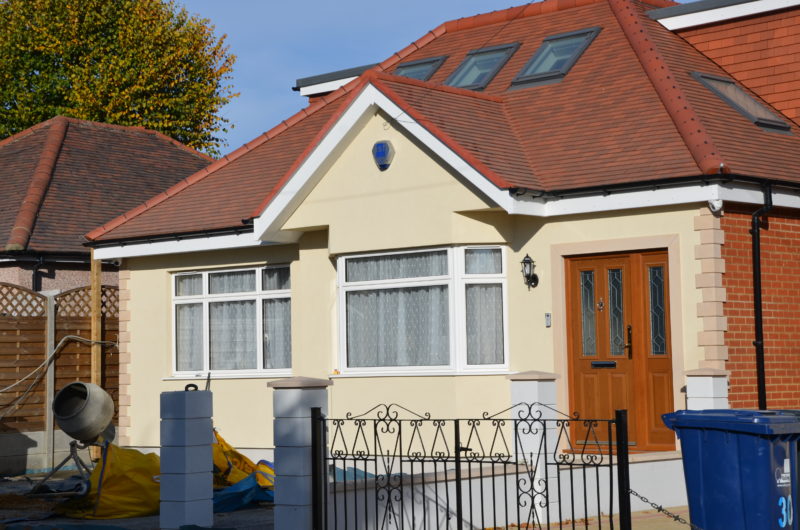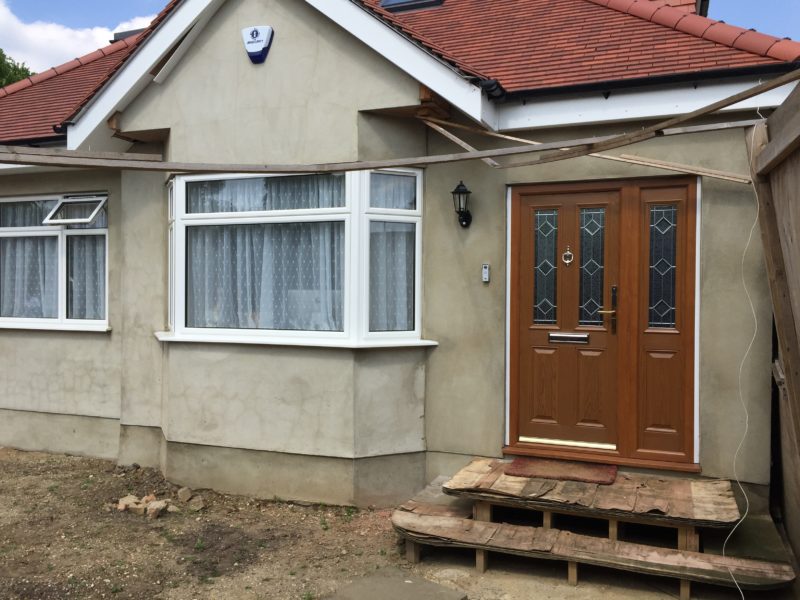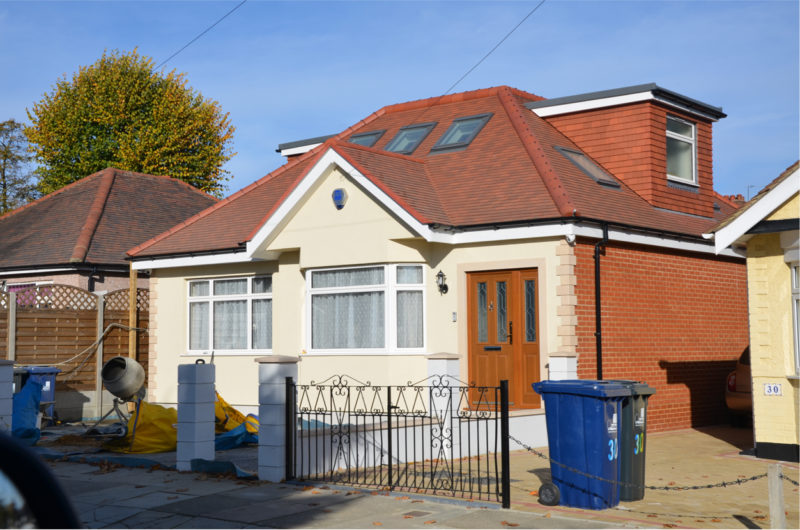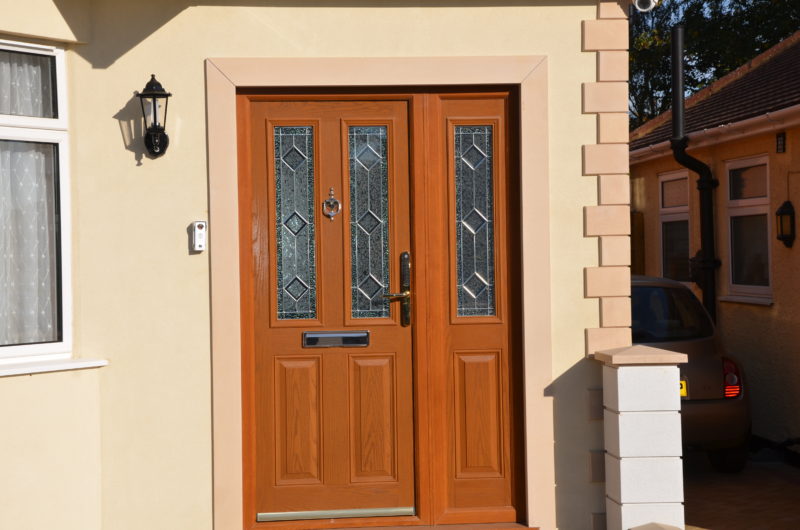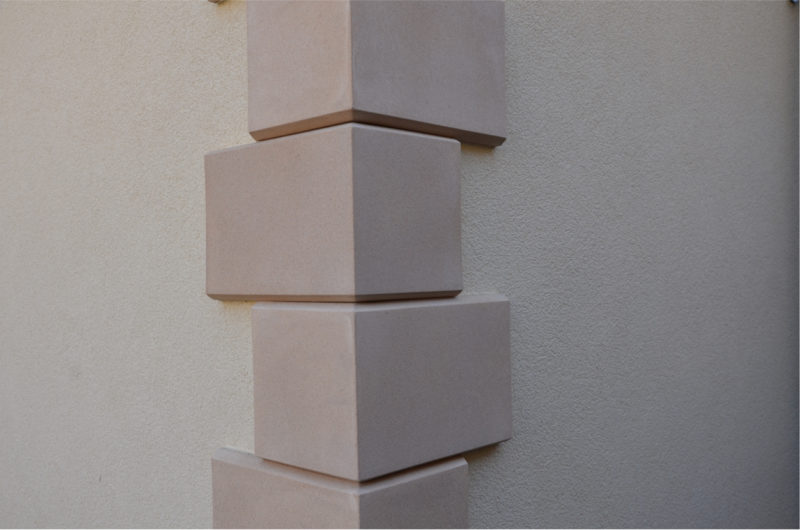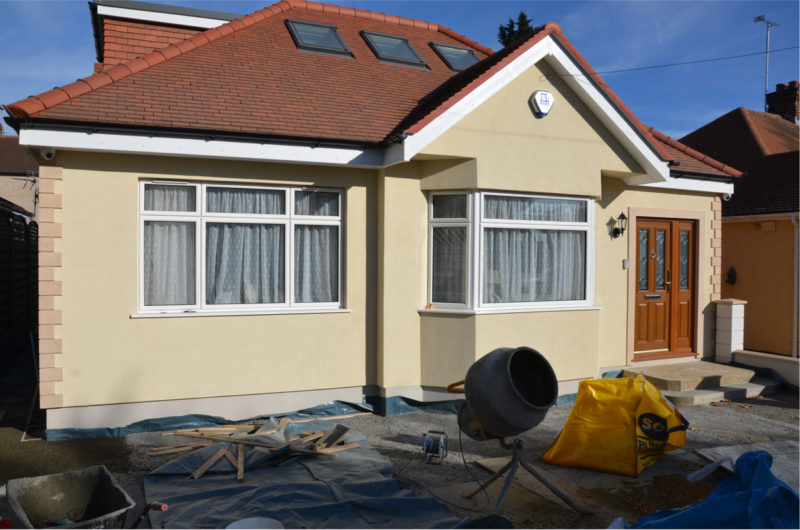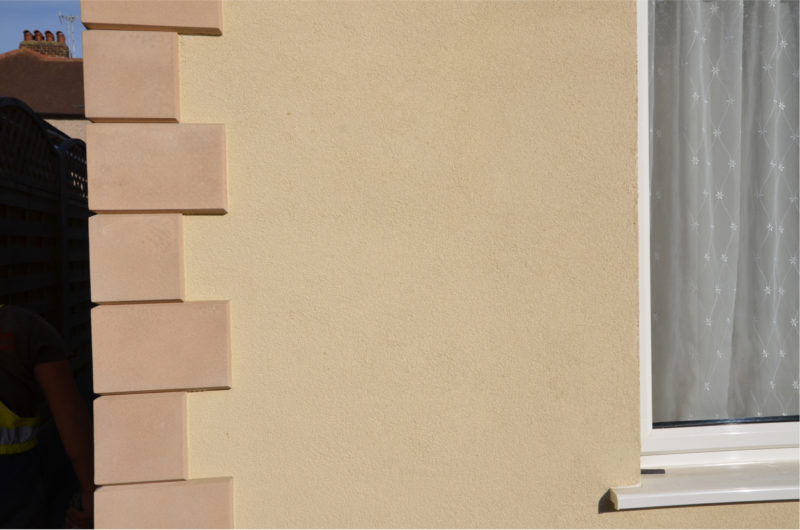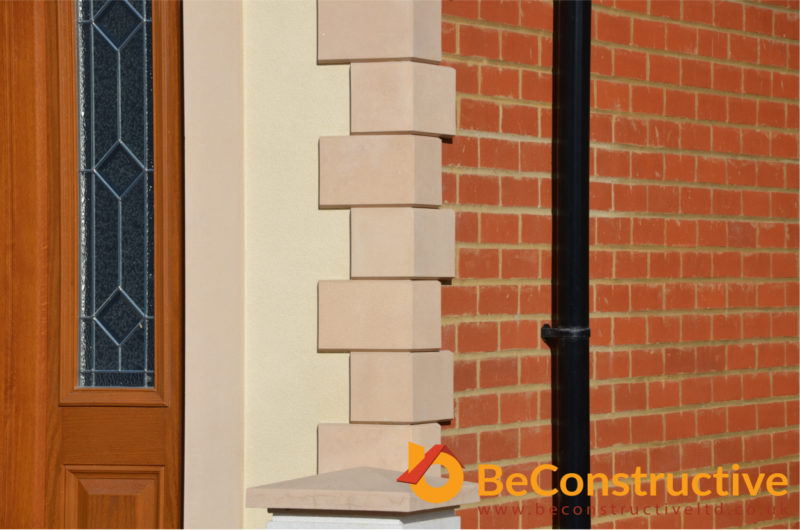External Wall London
External wall insulation has been carried out in central Europe for many decades now, with some impressive results. Only in the last few years has this form of insulation really taken off in the UK. From experience of installing these systems all over the UK, we believe there are 4 key areas that must be taken into consideration for a successful installation.
Adequate preparation and planning for the works.
- The quality of the products being used for the installation
- The quality of the installation itself.
- Communication and understanding of the customer as to the purpose and practicalities of the installation and its process.
The following guide is to be used as a guideline for the quality of an installation and should be aspired to wherever practical. It is understood that in the real world, various compromises and variations will be required to complete a job, depending on the system being used. It is, however, expected that the spirit of these standards be upheld even in the most difficult works.
Solid wall or external wall insulation is referred to across Europe as ETICS (External thermal insulation composite systems). These types of system can be installed on existing buildings and new builds, and will usually drastically improve the thermal performance of a wall. Correct procedure is absolutely critical to ensure high performance and long lasting results.
These types of composite systems are widely installed in Europe and there is now a European standard (ETAG004) for these systems on masonry or concrete walls. For other types of substrate, there are CUAPs (Common Understanding of Assessment Procedure), which offer similar guidelines. In the UK these standards are maintained by the BBA (British Board of Agrement).
This guide primarily deals with the application of EPS (Expanded Polystyrene) or mineral wool systems, which are the two most common insulation materials used in ETICS.

